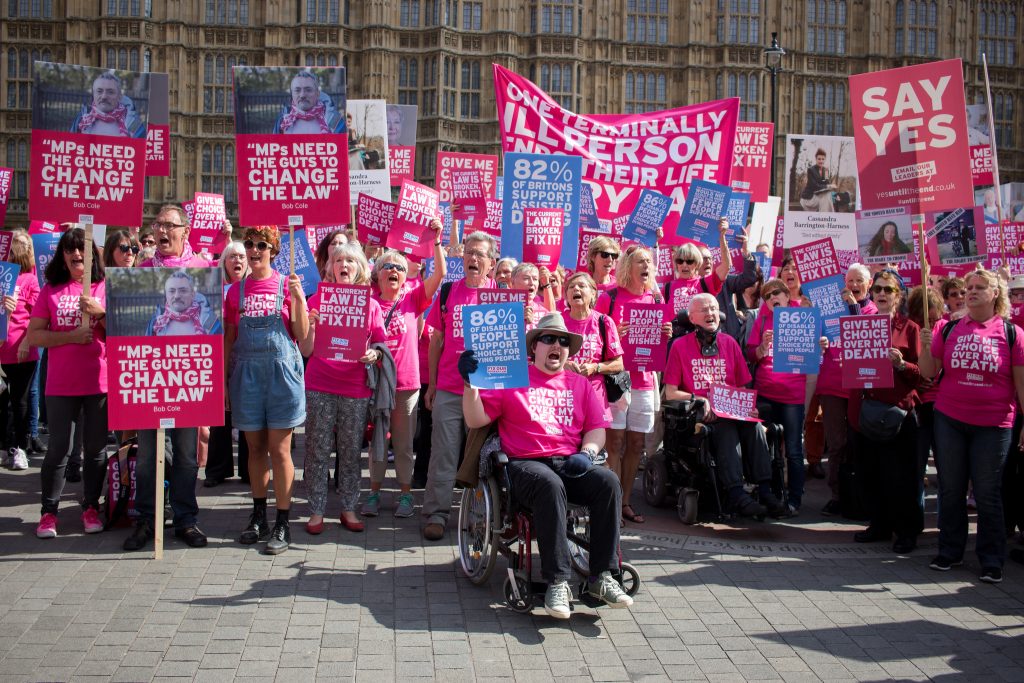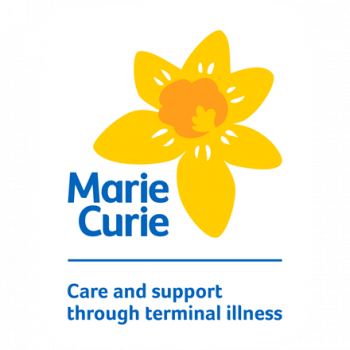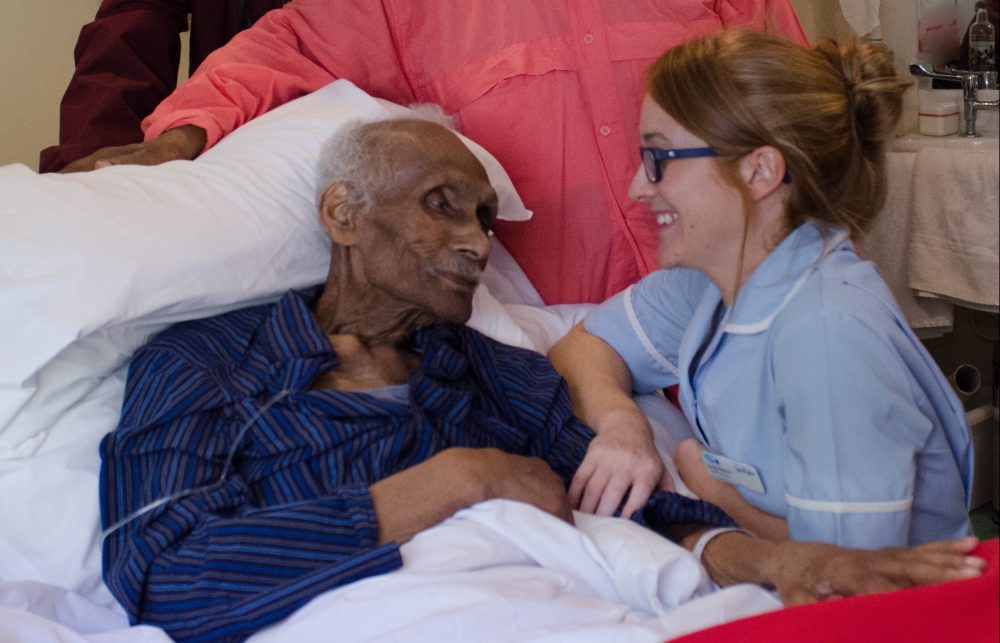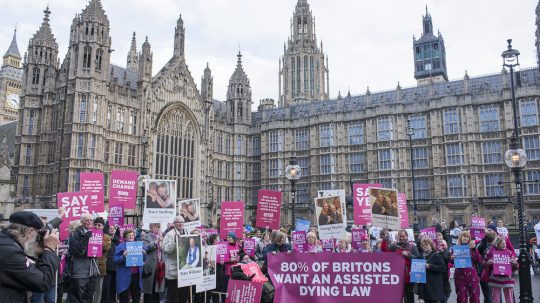Content warning: the following article contains references to assisted dying.
The Health and Social Care Committee has launched an inquiry into assisted dying. It was announced during a parliamentary session on 5 December following a private members’ Bill which was introduced to the House of Lords in 2021. The Bill did not make it past committee stage in 2021 and this is the first time parliament has launched an inquiry into assisted dying.
In England and Wales, it is illegal to assist or encourage another person’s suicide under section 2(1) of the Suicide Act 1961. Euthanasia is illegal across the UK under the Homicide Act 1957 and could be prosecuted as murder or manslaughter.
What is assisted dying?
In terms of this inquiry, assisted dying is the involvement of healthcare professionals in the provision of lethal drugs intended to end a patient’s life at their voluntary request, subject to eligibility criteria and safeguards. It includes healthcare professionals prescribing lethal drugs for the patient to self-administer and healthcare professionals administering lethal drugs.
While the right to life is enshrined in the Human Rights Act, that does not include a right or protections to end a life. Although suicide itself is no longer a criminal act, under section 2 of the Suicide Act 1961 it remains a criminal offence for a third party to assist or encourage another to commit suicide. Prosecutions for this offence can only be brought with the consent of the Director of Public Prosecutions.
In recent years public and medical opinion as to whether assisted suicide should remain completely criminal has shifted, although the topic brings up polarised and passionate views.
An inquiry is launched
The inquiry will explore the arguments across the debate with a focus on the healthcare aspects of assisted dying/assisted suicide. It intends to consider the role of medical professionals, access to palliative care, what protections would be needed to safeguard against coercion and the criteria for eligibility to access assisted dying/assisted suicide services.
Health and Social Care Committee Chair Steve Brine MP said: “I will be approaching this inquiry with compassion and an open mind as I know will my select committee colleagues. We want to hear from campaigners, members of the medical profession and members of the public and we will look at the moral, ethical and practical concerns raised in a way that is informed by actual evidence.”
Some form of assisted dying or assisted suicide is legal in at least 27 jurisdictions worldwide. It became legal in Canada in 2015; the Netherlands in 2001; and Oregon in the United States in 1994. The government has stated it is for parliament to decide on the issue.
MPs will also look at what can be learned from international experiences make their recommendations to the government on next steps following the inquiry.
The majority of cases referred aren’t pursued by the police or courts
A government answer to a written question in May 2021 showed that between 1 April 2009 and 31 January 2021, there had been 167 cases referred to the CPS by the police and recorded as assisted suicide. Of the 167 cases, 110 were not proceeded with by the CPS and 32 cases were withdrawn by the police.
In recent years, several people have brought court proceedings to challenge whether the offence of assisted suicide is compatible with human rights legislation, particularly the right to respect for private and family life under Article 8 of the European Convention on Human Rights.
In July 2009, the House of Lords, considering the case of Debbie Purdy, who suffered from multiple sclerosis, ruled that the prohibition on assisted suicide engaged Article 8 rights.
Most recently, in June 2014, nine Justices of the Supreme Court considered the case of Tony Nicklinson, who was seeking a declaration that the current law on assisted suicide was incompatible with his right to a private life under Article 8.
The Supreme Court ultimately decided by a majority of seven to two against making a declaration of incompatibility in Mr Nicklinson’s case. The minority of two considered that the courts had the constitutional authority to make a declaration and should do so in this case.
The judgment was significant, despite Mr Nicklinson’s application being unsuccessful, in several of the judgments, it was decided that Parliament would need to launch an inquiry into assisted dying.Without a full debate on assisted dying, it is probable that court’s applications will be found to be incompatible with the law and with human rights.








